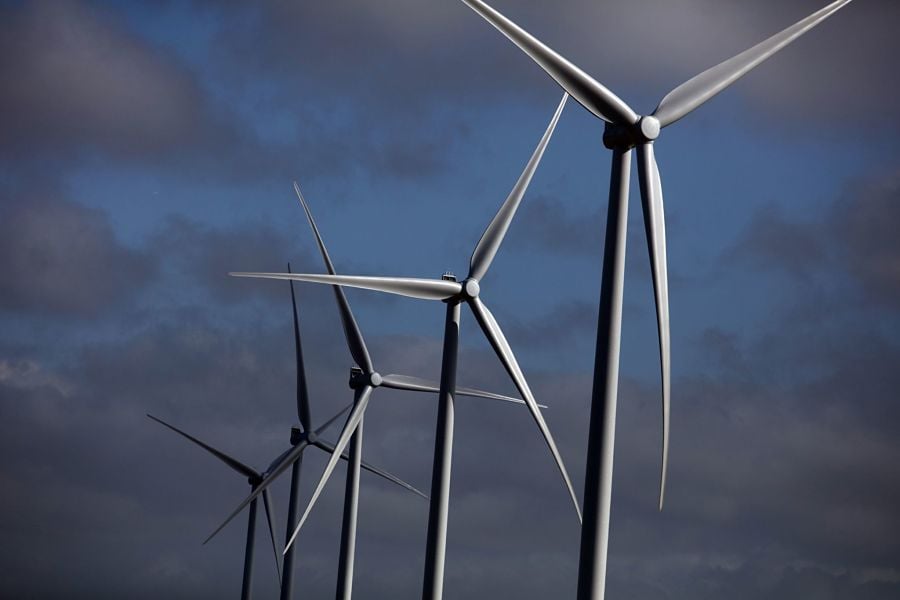

Net flows to long-term responsible funds quadrupled in 2019 to $20 billion, from $5 billion in 2018, and continued to grow during the first half of 2020 to reach $21 billion, according to a report by Broadridge Financial Solutions.
The report also found that 68% of environmental, social and governance assets in the U.S. are now in actively managed funds. Flows into ESG active equity funds during the 12 months ending in August reached 10% of average fund assets in the U.S.
According to a separate survey by Broadridge of more than 400 financial advisers, 81% of wirehouse advisers have assets in ESG products today, followed by those in the independent broker-dealer (68%) and registered investment advisory (60%) channels.
Twenty-four percent of financial advisers reported that they saw an increase in client interest in ESG as a result of the COVID-19 pandemic.

The leadership changes coming in June, which also include wealth management and digital unit heads, come as the firm pushes to offer more comprehensive services.

Strategist sees relatively little risk of the university losing its tax-exempt status, which could pose opportunity for investors with a "longer time horizon."

As the next generation of investors take their turn, advisors have to strike a fine balance between embracing new technology and building human connections.

IFG works with 550 producing advisors and generates about $325 million in annual revenue, said Dave Fischer, the company's co-founder and chief marketing officer.

Five new RIAs are joining the industry coalition promoting firm-level impact across workforce, client, community and environmental goals.
RIAs face rising regulatory pressure in 2025. Forward-looking firms are responding with embedded technology, not more paperwork.
As inheritances are set to reshape client portfolios and next-gen heirs demand digital-first experiences, firms are retooling their wealth tech stacks and succession models in real time.
